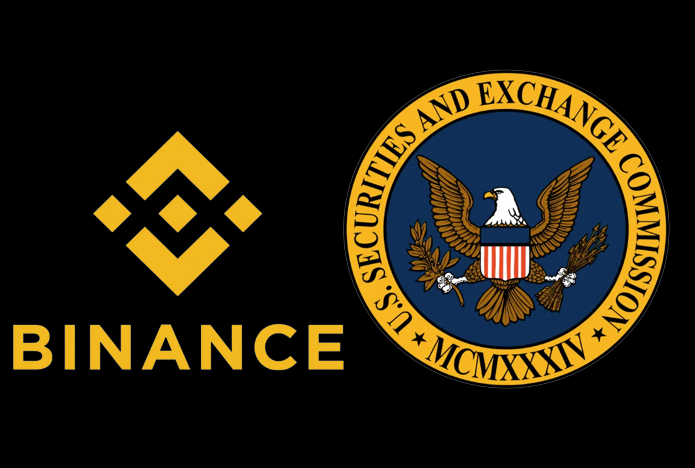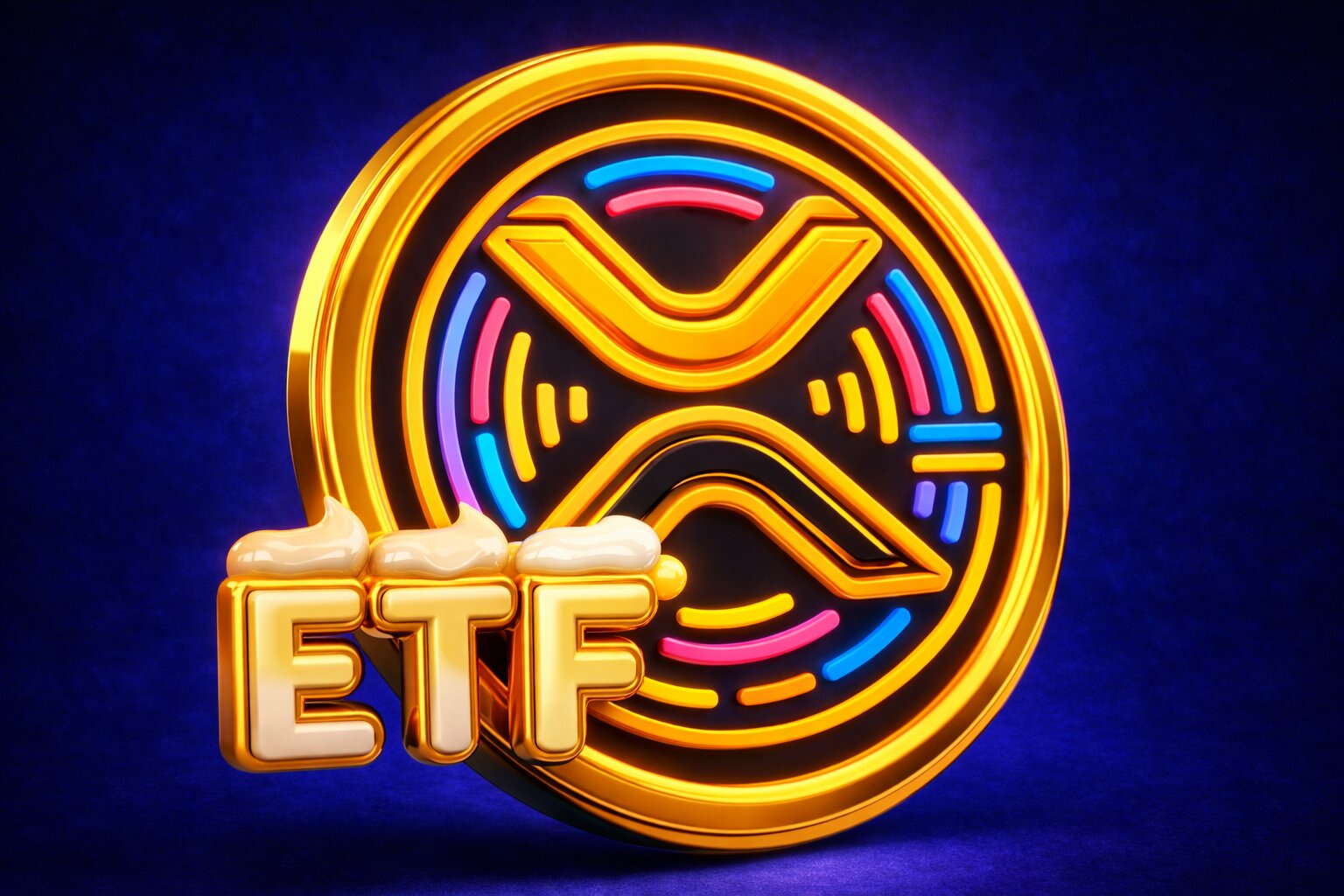
Binance's Tryst with SEC Deepens: The Intricate Web of Billion-Dollar Transactions and Allegations
The saga of SEC's case against Binance: a tale of rapid billion-dollar transfers, bankrupt banks, and regulatory scrutiny
In a dramatic development, the Securities and Exchange Commission (SEC) revealed extensive details on how cryptocurrency giant Binance facilitated the movement of billions of dollars globally. According to court filings and multiple accounts, the exchanges, which are accused of mishandling customer funds, leveraged Silvergate Bank and Signature Bank, both of which filed for bankruptcy this year, to conduct these transactions.
Accountant Sachin Verma, on behalf of the SEC, has detailed an intricate web of transactions involving companies associated with Binance. These transactions flowed through Silvergate Bank and Signature Bank, resulting in the transfer of huge sums to accounts linked to companies in various locations such as Kazakhstan, Lithuania, and the Seychelles. Some transactions were led by Binance officials including the company's founder and chief executive Changpeng Zhao, popularly known as C.Z.
Interestingly, these large sums of cash sometimes moved in and out of the accounts within a matter of days. One such example cited was from February 2022, when $20 million flowed into one of Binance's Silvergate accounts, and $19.9 million flowed out of it, all within a few days, leaving the account with only a slightly adjusted balance.
As per filings on Wednesday, June 7, Silvergate Bank facilitated a total of $50 billion across Binance-related parties while Signature Bank handled over $19 billion. It is worth noting that these transactions were carried out between 2019 and the present year, before the bankruptcy of the two banks. The SEC alleges Binance mishandled client funds but didn't specify the origin of the money or its intended use.
Responding to the accusations, a Binance spokesman insisted that the transactions detailed in the filings did not involve customer money. The transfers were defended as part of the routine course of Binance’s business operations. Binance remains firm in its stance of no wrongdoing and has promised to "vigorously" defend itself in the SEC case.
However, the lack of explicit reasoning behind these money movements has left room for speculation, with anti-money laundering experts arguing that the magnitude and speed of these transfers should have been red flags for bankers. Federal regulations require banks to file a suspicious activity report (SAR) when a transaction may involve money laundering or fraud, suggesting that either Silvergate or Signature Bank may have been obliged to file SARs for these transactions.
The SEC also targeted Binance's founder, C.Z., for his role in the transactions, alleging that he orchestrated the movement of billions of dollars to an offshore entity that he controlled. A portion of the funds moved to foreign entities even ended up in Zhao's personal account. Furthermore, he was identified as the beneficial owner of numerous other foreign companies holding accounts with Signature Bank, including those domiciled in Canada, UAE, Seychelles, Singapore, Lithuania, and Kazakhstan.
Amid the escalating Binance-SEC lawsuit, new revelations have surfaced. Silvergate Bank and Signature Bank, both of which are now bankrupt, were instrumental in enabling Binance and its affiliates to shuttle around $70 billion through their accounts. Notably, Binance's affiliates participated in Silvergate's SEN network and Signature's Signet platform, allowing the exchange to transfer funds seamlessly and instantaneously 24/7.
On top of these financial dealings, the SEC also estimates that Binance carries an interest penalty of over $13 million for unpaid taxes over the past four years. Binance's earnings from 2019 to 2023 are projected to be close to $225 million, but the regulator didn't provide specific details about the company's tax payments over this period.
The implications of these revelations are severe. In addition to the lawsuit, the SEC has petitioned a federal judge to temporarily freeze assets linked to Binance's subsidiary in the United States, with the aforementioned filings serving as supportive evidence. As regulatory scrutiny intensifies, the fate of Binance hangs in the balance.
In an additional wrinkle, funds from Binance accounts at the two banks were allegedly used for various purchases including paying out to a yacht seller, and for an "insured aircraft title service."
One of the Binance entities, Key Vision, alone had deposits and withdrawals of over $13 billion at Silvergate in 2020 and 2021. Nearly all deposits were transferred to another entity named Merit Peak, identified as being controlled by Zhao. Merit Peak received $22 billion from 2019 to 2021, including about $11 billion from Key Vision, $7.2 billion from other Binance-related parties, and $1.2 billion from BAM Trading, one of Binance.US's corporate entities.
Paxos, a foreign affiliate, was the primary recipient of Merit Peak's funds. It received the majority of the money, approximately $21.6 billion. It is worth noting that Paxos ceased issuing Binance-branded BUSD stablecoin under regulatory pressure earlier this year. Binance entities have been accused of commingling funds at Merit Peak, according to the filing.
In response, a spokesperson for Paxos confirmed the company is closely monitoring the allegations against Binance and stated, “In February 2023, Paxos announced its decision to end its relationship with Binance and has since been successfully winding down all business relationships” with the company.
As the situation continues to evolve, it is clear that the activities and transactions of Binance are under intense scrutiny. The case raises significant questions about banking regulations, the monitoring of financial transactions, and the broader issue of cryptocurrency oversight.
Read More
-
QQQ ETF Price Forecast - QQQ at $600.91: Nasdaq Growth Weighs Jobs Shock, High Yields and AI Productivity
12.02.2026 · TradingNEWS ArchiveStocks
-
XRPI And XRPR ETF Prices Lag At $7.74 And $11.44 While $1.23B XRP ETF Flows Test A Weak $1.38 Spot
12.02.2026 · TradingNEWS ArchiveCrypto
-
Gold Price Forecast: XAU/USD Guards $5,000 as Wall Street Maps Run Toward $6,100–$7,200
12.02.2026 · TradingNEWS ArchiveCommodities
-
EUR/USD Price Forecast: Can the Euro Clear 1.1900 as Dollar Momentum Fades Below 97?
12.02.2026 · TradingNEWS ArchiveForex


















